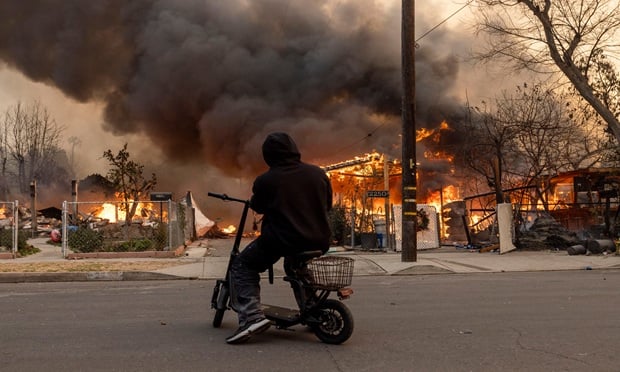Med Mal Cap Leg. Progresses In House
By Steven Brostoff, Washington Editor
NU Online News Service, March 6, 11:45 a.m. EST?Legislation placing limits on medical malpractice liability awards is advancing in the House of Representatives.
Two House committees have approved H.R. 5, which would cap non-economic damage awards in medical malpractice cases at $250,000. The legislation is now expected to reach the floor of the House soon.
On Wednesday, the House Judiciary Committee approved H.R. 5 during a contentious session at which several attempts to ease the $250,000 non-economic damage cap were rebuffed.
By a 15-14 vote, the Committee defeated an amendment that would have raised the cap to $1.6 million. Subsequently, in a 17-10 vote, the Committee also rejected an amendment to adjust the cap for inflation.
The Committee then approved H.R. 5 by a 15-13 vote.
The Judiciary Committee thus joined the House Energy and Commerce Committee in approving the legislation. The Energy and Commerce Committee okayed the bill by voice vote without amendments on Tuesday.
In addition to capping non-economic damages at $250,000, H.R. 5 would place restrictions on punitive damages. Under the legislation, punitive damages would be limited to $250,000 or two times compensatory damages, whichever is greater.
Moreover, punitive damages could only be awarded if the plaintiff presents "clear and convincing evidence of malicious intent to injure or a deliberate failure to avoid substantially certain, unnecessary injury."
Punitive damages could not be awarded for claims associated with medical products that comply with Food and Drug Administration standards in most cases.
In addition, H.R. 5 eliminates the doctrine of joint and several liability in medical malpractice cases. This means that each defendant would only be responsible for his or her share of damages, rather than being individually responsible for the entire amount.
H.R. 5 also requires plaintiffs in most cases to bring lawsuits within three years of the date of injury or one year after the plaintiff discovers or should have discovered the harm.
H.R. 5 is supported both by health insurers and the property-casualty insurance industry, which argue that runaway medical costs are driving up the cost of health care and liability insurance.
The legislation is opposed by trial lawyers and consumer groups, which insist that the crisis in medical malpractice insurance is due largely to property-casualty industry practices.
The legislation will likely face much tougher going in the Senate, where it will need 60 votes to overcome an expected filibuster by opponents.
Want to continue reading?
Become a Free PropertyCasualty360 Digital Reader
Your access to unlimited PropertyCasualty360 content isn’t changing.
Once you are an ALM digital member, you’ll receive:
- Breaking insurance news and analysis, on-site and via our newsletters and custom alerts
- Weekly Insurance Speak podcast featuring exclusive interviews with industry leaders
- Educational webcasts, white papers, and ebooks from industry thought leaders
- Critical converage of the employee benefits and financial advisory markets on our other ALM sites, BenefitsPRO and ThinkAdvisor
Already have an account? Sign In Now
© 2025 ALM Global, LLC, All Rights Reserved. Request academic re-use from www.copyright.com. All other uses, submit a request to [email protected]. For more information visit Asset & Logo Licensing.








